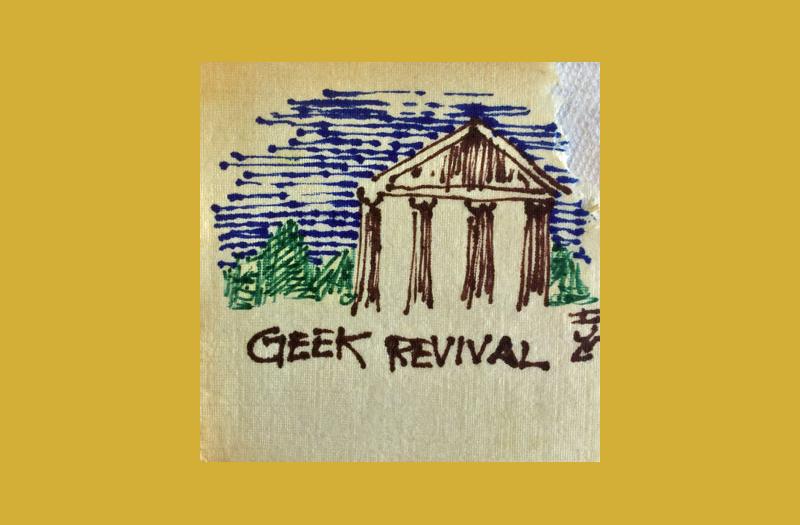
“The strong do what they can and the weak suffer what they must.” Thucydides
It’s been fifty years since I studied the history of western civilization at Stanford. My professor, E. Berkeley Tompkins, wrote Anti-Imperialism in the United States: The Great Debate, 1890-1920 in the 1960’s. His insights reach forward into precisely the kinds of nationalist and expansionist impulses embodied by Donald Trump’s political rhetoric and foreign policy style. Tompkins showed that U.S. imperial expansion was never unanimously accepted — it sparked fierce resistance from within the American intellectual and moral conscience.
Tompkins warned that empire erodes republican virtue — liberty at home decays when others are dominated. Imperialism cloaks greed and racial hierarchy in patriotic language. Throughout American history, anti-imperialists warned of economic oligarchy benefiting from empire.
Trump frames international relations as zero-sum dominance contests, turning foreign policy into a form of domestic authoritarian theater. His “Make America Great Again” slogan invokes a mythic, hierarchical past, echoing the same moral self-justifications imperialists have used throughout history. Trump’s tariffs, corporate tax policies, and patronage networks concentrate wealth and power, re-creating internal hierarchies similar to those of past empires.
In other words, Trump’s nationalism mirrors the psychology of empire, even when wrapped in “anti-globalist” rhetoric — a phenomenon Tompkins’ framework helps decode.
What, you might ask, does Trump’s devastation of the East Wing of the White House and construction of an ostentatious new ballroom have to do with imperialism and its dangers? As economist Paul Krugman says in a recent substack post: “tackiness and tyranny go hand in hand. Yes, Trump has terrible taste and probably would even if he didn’t have power and, thanks to that power, wealth. But the grotesqueness of his White House renovations is structural as well as personal. For the excess and ugliness serve a political purpose: to humiliate and intimidate. The tawdry grandiosity serves not only to glorify Trump’s fragile ego, but also to send the message that resistance is futile.”
Tompkins lamented that early anti-imperialists, though morally courageous, failed to sustain a coherent movement. Similarly, today’s U.S. political scene lacks a robust anti-imperialist vocabulary — one that could critique authoritarian expansion, whether abroad or at home. Trumpism thrives in that vacuum, using populist grievance as cover for re-centralizing executive power — precisely what Tompkins warned happens when the republic forgets its anti-imperial roots.
I’m no historian, but Tompkins made a lasting impact on me. I vividly remember sitting at a table with a dozen other freshmen, debating and discussing the historical roots that ultimately led to the American republic. I took only one additional history course at Stanford: American Diplomatic History with the prolific and provocative Thomas A. Bailey two years before he retired. In ”The Man in the Street: The Impact of American Public Opinion on Foreign Policy” (1948), Bailey wrote: ”If the ordinary American citizen can only work himself up to a point where he is as deeply interested in the outer world – in the fate of his country, his civilization, and his planet – as he is in the doings of his nextdoor neighbor and his favorite comic-strip character, then we shall make greater progress toward a successful democratic foreign policy.” Bailey believed the man in the street was ultimately sovereign but susceptible to manipulation and that leaders have a responsibility not to deceive maliciously but to educate by degrees.
The New York Times recently summarized where public opinion is today and it seems surprisingly moderate. Moderate may be a dirty word in today’s ultra-partisan atmosphere, but if the “polls” are correct America may be more moderate than it appears.
“Polls show that most voters prefer capitalism to socialism and worry that the government is too big — and also think that corporations and the wealthy have too much power. Most voters oppose both the cruel immigration enforcement of the Trump administration and the lax Biden policies that led to a record immigration surge. Most favor robust policing to combat crime and recoil at police brutality. Most favor widespread abortion access and some restrictions late in pregnancy. Most oppose race-based affirmative action and support class-based affirmative action. Most support job protections for trans people and believe that trans girls should not play girls’ sports. Most want strong public schools and the flexibility to choose which school their children attend.”
Recent polls suggest 53% of Americans disapprove while only 24% approve of the demolition of the White House. President Trump’s approval rating is low and falling. He claims the taxpayers will not pay for his new ballroom but those wealthy corporate and personal donors expect a return on their investment and will likely get one that comes in the form of tax breaks or lower regulations. Perhaps the new ballroom will prove to be the straw that breaks the camel’s back particularly when they see the names of crypto pioneers and AI developers etched on the walls. Then again, maybe not. We will have to wait and see how Bailey’s “man on the street” sorts it out before we will know if Trump’s imperial aspirations lead to the erosion of republicanism that T. Berkeley Tompkins feared. Stay tuned. The wrecking balls are rolling.


Well written, David. What worries me, besides all your points re: Trumpism, is that Trump fatigue is causing withdrawal by a large percentage of U.S. citizenry. So many people I talk with have quit reading the news and just withdrawn to a more peaceful place in their lives, just waiting him out. Maybe that is the sanest approach. The biggest question is whether the Democrats can get their act together enough to provide a strong resistance. We won’t know until the 2026 November congressional elections. I am not holding my breath.
Thanks Larry, I have the same concern but not just for Democrats. What has happened to the Republicans? Where are the checks and balances, the concern about the debt, free markets, states rights, etc? The NTY article and a similar article in the WSJ provide some hope. I’ve registered as Independent for several years now and it seems to be catching on. Biden’s press secretary just wrote a book called Independent. It’s a long shot but maybe we will get a truly independent candidate that appeals to that moderate majority. Maybe.